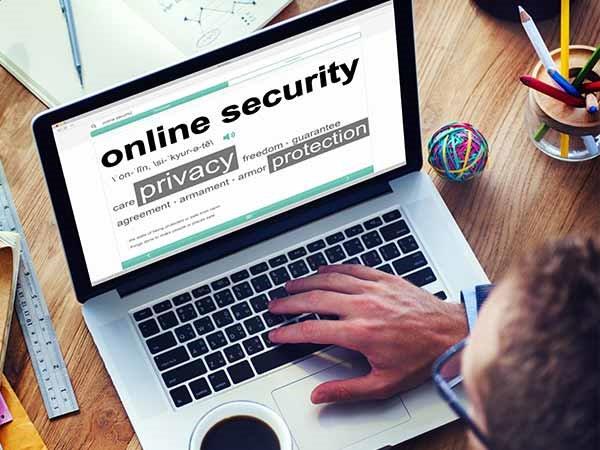In September 2017, Equifax broke the news that a breach of their systems had compromised the personal information of 143 million American consumers. To coordinate the inordinate amount of public communication needed to manage this incident, Equifax created a dedicated site with the domain equifaxsecurity2017.com. However, when Nick Sweeting, an enterprising software engineer, created an imitation of the site, Equifax inadvertently linked to it, adding to the fallout created by their recent security incident.
 Using a variation of the domain name — securityequifax2017.com, in this instance — Sweeting was attempting to fool the general public into visiting his mock site. The ruse worked, and by the time the site was blacklisted, it had registered over 200,000 hits. Thankfully, the website was created to prove a point and had no malicious intent, but it is an excellent illustration of how critical it is for organizations to protect their online brand.
Using a variation of the domain name — securityequifax2017.com, in this instance — Sweeting was attempting to fool the general public into visiting his mock site. The ruse worked, and by the time the site was blacklisted, it had registered over 200,000 hits. Thankfully, the website was created to prove a point and had no malicious intent, but it is an excellent illustration of how critical it is for organizations to protect their online brand.
Without applying the proper domain monitoring tools to alert the company that he site was fake, Equifax reinforced the impression it was either uncaring of its customers interests or outright incompetent about IT and cybersecurity concerns.
Protecting Brand Equity Against Hackers
Every organization which has an online presence has a domain associated with their brand. Protecting this domain in cyberspace is as important as protecting your business name in the real world. The problem is that registering a domain does not require any checks and balances. As long as it is available, there is nothing stopping anyone with a credit card and online access from registering a domain associated with your brand.
Protecting your domain is essential for every single business that has an online presence. In the Equifax example, Mr. Sweeting created a mock site to prove a point, but hackers use this same tactic to get unsuspecting users to visit any fake malicious site. As long as your business has an online presence, you are a target for this type of attack.
The primary objective of a hacker is to compromise systems and extract data. The hacker achieves this goal once a user visits the fake site and either reveals their login information or downloads malware from the site onto their device. In some instances, attackers can create a phony website that impersonates and subverts a brand by posting fake information about the real business.
Protect Your Company’s Halo Effect
Sometimes companies that are successful in their own right have to protect themselves against up-and-comers who use a variation of the target company’s name. In addition to promoting a fake website, they may be selling counterfeit goods that diminish the brand image of a well-known organization. This is especially common in Asia, where scores of companies use variations of the domain names and products of luxury brands to sell into a bargain market.
The Right Tools for the Job
Whois XML API offers several tools that monitor and alert original brand name holders that hackers and counterfeiters are attempting to exploit company reputations.
Brand Alert API searches across all recently registered & deleted domain names to report on the domain names that contain keywords that users specify. If a newly registered domain name contains any of the search terms, then Brand Alert API will report the domain name. Users can also search for dropped (on-hold or deleted) domains, as well. Users can keep a look out for domain registrations, expirations or ownership changes that may impact the company’s own brand name.
Registrant Alert API searches across all registered and dropped domain names for specific search terms such as the registrant’s details. The API alerts users when the profiles of specific domain registrants appear in a newly-registered or just-expired domain name. Registrant Alert API also pushes notifications when individuals or organizations that users specify register or delete domains.
Organizations now consider the value of their brands priceless. Modest investments in tools like those Whois XML API offers provide a level of protection that may save the reputation and viability of companies.